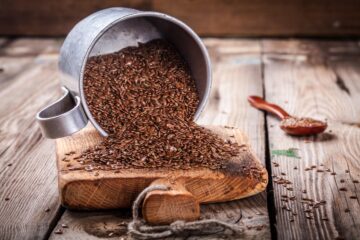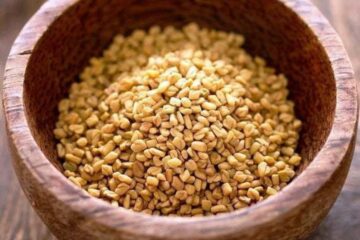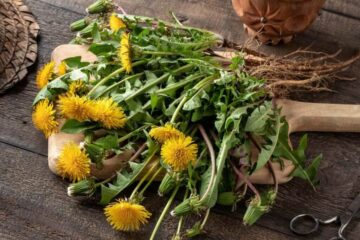Name:
The common name for this herb is Ginger, and its scientific name is Zingiber officinale.
Description:
Ginger is a perennial herb that grows from a thick, knobby rhizome (underground stem). The plant can grow up to 3 feet tall, with narrow, glossy, green leaves that are about a foot long. The flowers are typically yellow and appear in clusters. The part of the plant commonly used in cooking and medicine is the light brown, knobby rhizome.
Origin and Distribution:
Ginger is believed to have originated in Southeast Asia, with archaeological evidence indicating that the plant was being cultivated in India and China over 5000 years ago. Today, ginger is grown worldwide, with India being the largest producer, followed by China and Indonesia.
Cultivation and Care:
Ginger prefers warm, humid climates and well-drained soils rich in organic matter. It is often grown in partial to full shade. The rhizomes are planted in early spring and need to be watered regularly, but not excessively as this can cause the rhizomes to rot.
Harvesting and Storage:
Ginger can be harvested by digging up the rhizomes about 8 to 10 months after planting when the leaves have begun to die back. The rhizomes should be washed and dried before storage. Fresh ginger can be stored in a cool, dark place for up to three weeks, or it can be refrigerated or frozen for longer storage.
Uses:
Culinary Uses: Ginger is widely used in cooking for its pungent, spicy flavor. It is a staple in many Asian cuisines and is also used in baking, especially in gingerbread and other sweet treats. Ginger is also used to flavor drinks, such as ginger ale and ginger tea.
Medicinal Uses: Ginger has been used in traditional medicine for centuries to treat a variety of ailments, including digestive problems, nausea, and cold and flu symptoms.
Other Uses: Ginger oil is used in cosmetics and perfumes for its warm, spicy scent. It is also used in traditional rituals in some cultures, and its strong scent can act as a pest deterrent.
Safety Information:
Ginger is generally considered safe for most people when used in moderate amounts, but it can cause side effects such as heartburn and diarrhea if consumed in excess. It can also interact with certain medications, including blood thinners. As always, consult with a healthcare provider before starting any new supplement regimen or making significant changes to your diet, particularly if you have existing health conditions or are taking other medications.
Historical and Cultural Significance:
Ginger has a rich history and has been used for its medicinal properties since ancient times in countries like India and China. It is also mentioned in ancient Greek, Roman, and Arabic texts.




